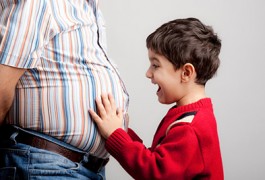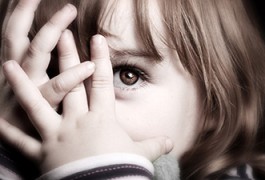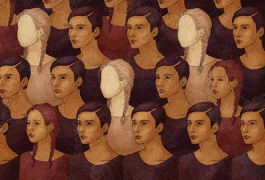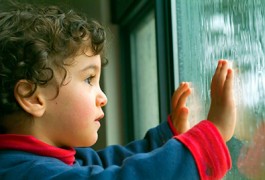Lisa Croen discusses autism in adults
Watch the complete replay of Lisa Croen’s webinar on her epidemiologic investigation of a large population of adults with autism.
From funding decisions to scientific fraud, a wide range of societal factors shape autism research.

Watch the complete replay of Lisa Croen’s webinar on her epidemiologic investigation of a large population of adults with autism.
Poorly designed animal drug studies for motor disorders have led to spurious conclusions for the clinical trials that follow. This may be even more true for autism research, says Michael Ehlers.

The children of obese fathers may be at a 53 percent higher risk of autism than children whose fathers are a healthy weight, reports a large Norwegian study published 7 April in Pediatrics.

Among the younger siblings of children with autism who do not have the disorder themselves, more than one-quarter show developmental delays at their first birthday, according to a study published in April.

An automated system developed for tracking the movements of lab animals can be used to accurately map the activity of children with autism, researchers reported in the February Molecular Autism. When given free rein, the system found, children with autism tend to explore a room’s edges, whereas those with other developmental disorders cling to their parents.
Do genetic differences or diagnostic biases account for the gender imbalance in autism? Catherine Lord, David Skuse and Angelica Ronald weigh in.

About 1 in 68 children in the U.S. is diagnosed with autism, according to the latest data from the Centers for Disease Control and Prevention, scientists from the organization reported Thursday.

Children living in low-income neighborhoods with high unemployment rates are more likely to be diagnosed with autism than are children who live in high-income communities, reports a large Swedish study published 26 February in the Journal of Psychiatric Research.

Two studies published in the past month lend support to the notion that autism looks different in girls than it does in boys, making it harder to recognize and diagnose in girls. The studies reflect growing suspicion in the research community that the underlying biology and the experiences of girls with autism may both be distinct.

A widely used screen for autism identifies only one-third of children at 18 months who are later diagnosed with the disorder, reports a large Norwegian study published 18 February in Paediatric and Perinatal Epidemiology.